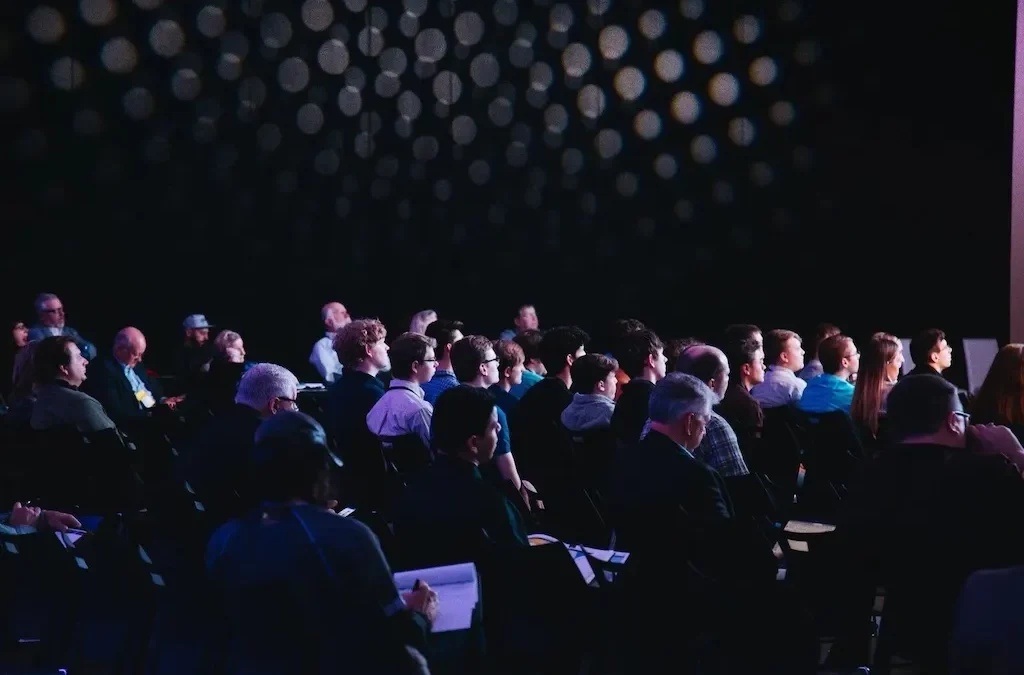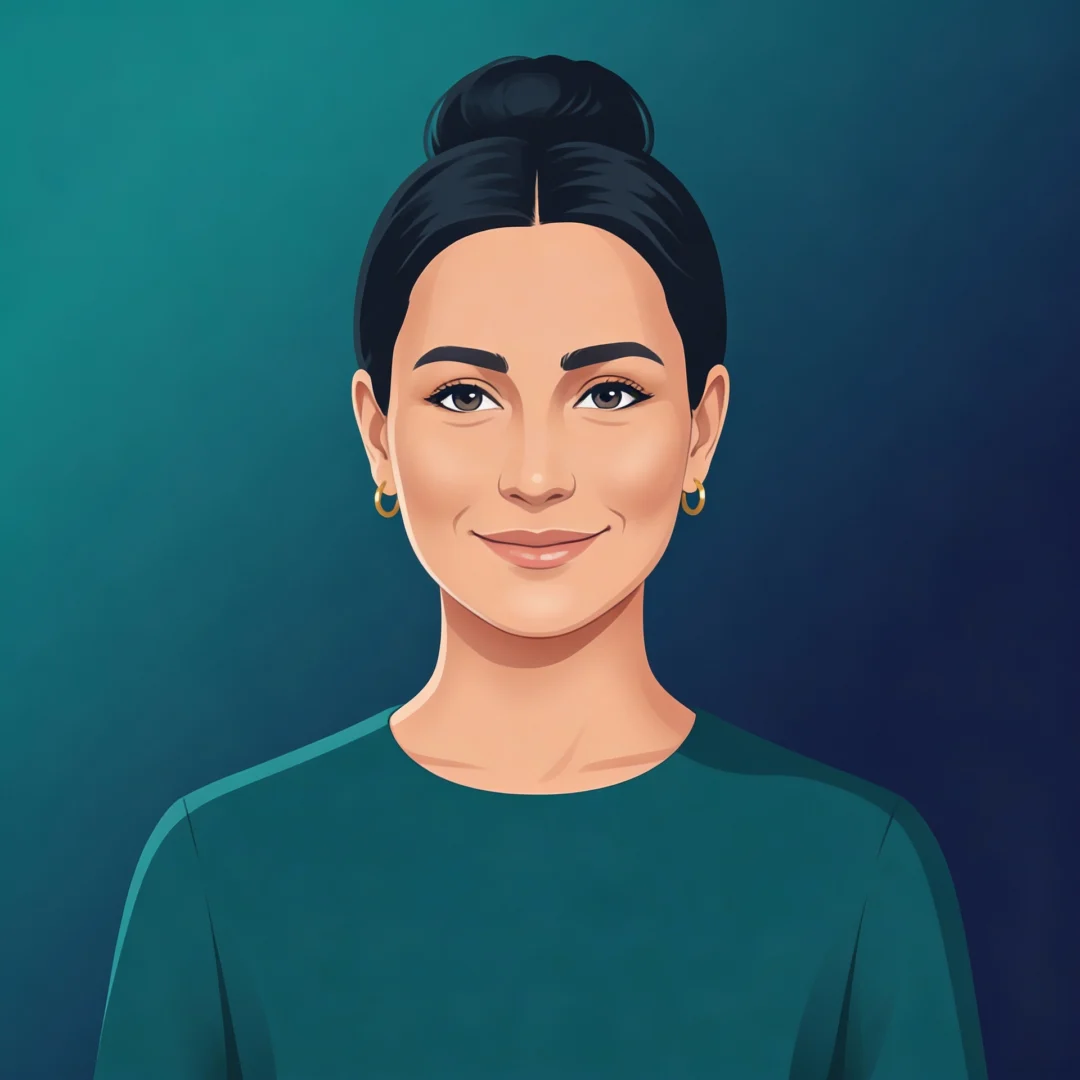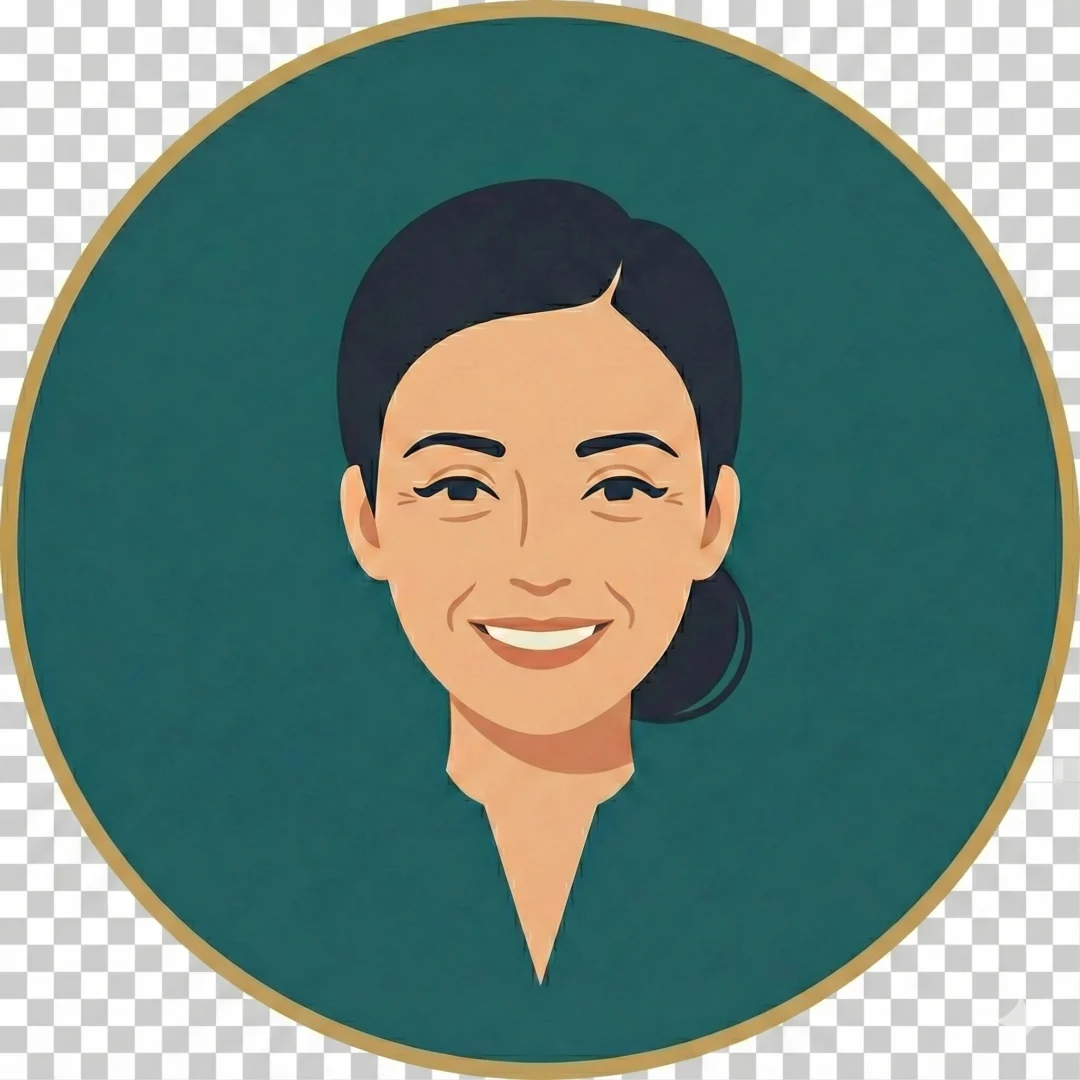Key Facts
The preparations for the new term of the Mentorship Program, initiated by the İTÜ Alumni Association to support İTÜ students in both their education and career planning processes, have been completed. We spoke with Sami Bugay, the Founder and Managing Director of KA Consulting, who conducted workshops with mentors and mentees to optimize the process, increase effectiveness, and enhance performance. He shared details about the program and the concept of mentorship.
**This year, you’ve brought a fresh perspective to the Mentorship Program. What changes and innovations have you introduced?**
The İTÜ Mentorship Program started with a solid foundation. Over time, participants have joined and left the program. Although there was initial training provided for mentorship at the beginning, this training had not been refreshed over the years. There was no standardized infrastructure at the current stage. Mentorship involves experienced individuals voluntarily sharing their knowledge and experiences to support the success of others and guide them through their journey. This year, we expanded this concept within the İTÜ Alumni Association. When mentoring someone, aligning with their direction and understanding why they desire a particular path is crucial. What draws them to that field? How can they achieve the necessary behavioral changes? What do they need to transform in their perspective or perception to be successful? As we delve into these questions, coaching competencies also come into play. This program allowed us to explore these areas in greater depth.
Of course, there’s no end to this. We can’t say, “We’ve provided the mentorship training, and that’s it.” Therefore, it would be meaningful to offer a new round of training next year to polish the knowledge of those who have already participated, deepen their understanding, and ensure that newcomers are aligned with the program.
**How did your collaboration with the İTÜ Alumni Association for the Mentorship Program come about?**
From 2016 to 2018, I served as the president of the International Coach Federation (ICF) in Turkey. The ICF is the world’s largest organization dedicated to coaching, setting standards for the profession for the past 30 years, with over 33,000 members in more than 140 countries. One day, Erdem Türkkal from the İTÜ Alumni Association Board of Directors called me and said they were starting such a program and asked if I would share my ideas as an İTÜ alumnus. Later, I spoke with Veli Tan Kirtiş, the President of the İTÜ Alumni Association. We expressed our willingness to support the program as KA Consulting. We worked on what to include in the program and how to make the best use of the time, and we began in April. I delivered the entire program at İTÜ.
**What is the goal of the program?**
The program’s goal is to create a homogeneous, standardized structure for the mentorship service provided within İTÜ, ensuring that everyone who offers mentorship goes through this process and equipping them with tools they can use beyond just conveying and overseeing the subject. On the mentee side, it’s about making them think about why they want to receive mentorship. The aim is to align the expectations of both the volunteers providing the mentorship and those receiving it, so that individuals can share their experiences and wisdom within a methodology. Even if I am highly knowledgeable in my field, if I don’t know how to convey that knowledge to you or align my resources with your expectations, my benefit to you will remain minimal. We aimed to optimize, enhance, and increase performance for both those providing and receiving the service.
**Where were the workshops held? How many mentors have you trained so far?**
We held the workshops in the large meeting room of the İTÜ Alumni Association. Each session lasted three and a half hours. We have worked with nearly 200 mentors and conducted 14 sessions so far.
**What do you do in the workshops?**
We focus on practical application. Mentors can offer meaningful support to mentees aligned with their goals. When mentoring, it’s important to be curious about what the mentee values, what’s important to them, their worldview, and the perspective from which they view the world. Gathering this information allows us to provide better support related to their desired direction. We clearly identify mutual knowledge levels and expectations, which is crucial.
**Can anyone be a mentor? What’s important in mentorship?**
One of my favorite sayings is, “If you have the intention, there is a way.” In mentorship, there’s a time for receiving and a time for giving. This project is based on volunteerism. Mentorship is about starting to give back what you’ve accumulated, sharing your knowledge and wisdom. If you have the intention, you can do it, but you need to learn how to do it without breaking the will of the person in front of you. I’m not you. Your talents, competencies, environment, the people you’re in contact with, and your upbringing all influence who you are today. As a mentor, you need mental flexibility, which you can achieve when you start to support the other person in a way that’s centered on them.
In other words, it’s possible to achieve meaningful results when you start considering the current dynamics of your mentee and how they can enter their desired field.
**What are the expectations or problems faced by mentees?**
One of the main issues is that mentees often lack a meaningful and forward-looking framework in their minds regarding why they want mentorship. When they start to consider questions like “Where do I want to go?” and “How can I get the most benefit from this time?” or “What need should the mentorship program fulfill for me?” the situation reaches a very different level. We see the most room for development in this area.
**Are there any key points in matching mentors with mentees?**
Of course, it’s valuable for someone who has studied in the same field or has significant experience in that field to mentor a mentee. However, the most important thing is the act of mentoring itself. Even if we come from different sources, hearing about the business world and the future from a different perspective is invaluable.
**You’ve compiled all your knowledge since 2005 into your book *Holistic Team Coaching*. Can you tell us a bit about it?**
*Holistic Team Coaching* is a book written for professional coaches, managers who lead teams, and individuals who are part of a team. It is the first team coaching book written by a Turkish author and published in Turkey. Half of the book is theoretical, and the other half is practical. The English version is available on Amazon, Better Leaders Better Teams.



